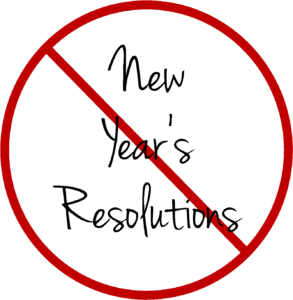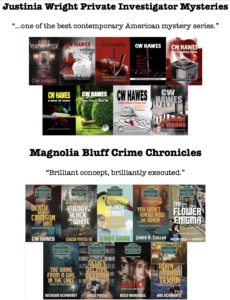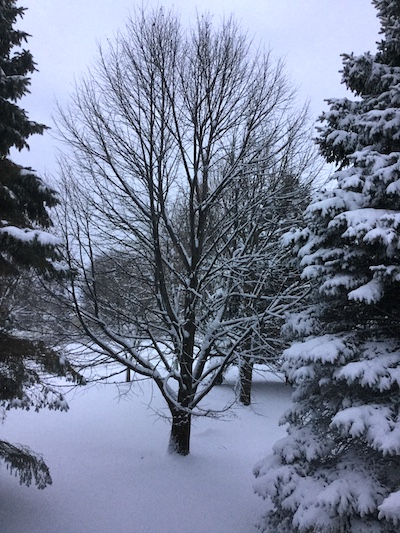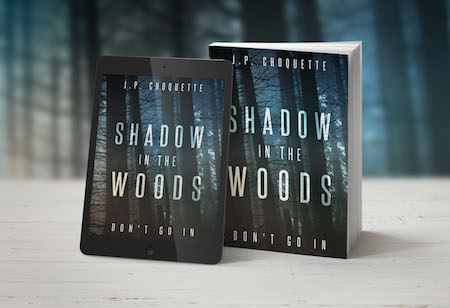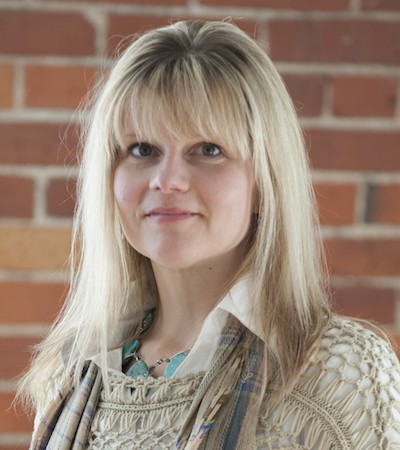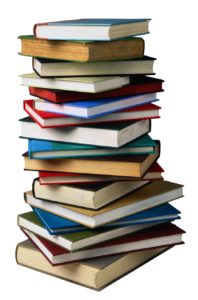We know what sound is, both pleasant and unpleasant. What, though, is this silence I’ve been talking about? What do I mean by experiencing silence?
There are two aspects to silence. One is freedom from the external noise we all must contend with. The ever pervasive deluge of sound pounding on our ears and even on our bodies.
The other is inner silence. Wait! There’s sound within us? The short answer is yes. The long answer and what we can do about it I’ll come to in a moment.
Our Outer World
Noise pollution is rampant in our urban and suburban worlds. And we add to this noise voluntarily. The TV. Our phones. The chimes our computers make and the noise from many websites we may visit. The radio. People we associate with. Music.
External to us is wanted and unwanted sound.
The other side of the coin is silence. This may be absolute silence, the complete absence of sound, or it may be the silence of nature. I can hear you say, “Wait a minute! Nature is silent? There are all manner of sounds in the park and in the woods.” And you are right. We’ll talk about that in a minute.
Absolute silence is not easy to obtain in our modern world. A soundproof room is one way to go about it. And that is a very nice experience.
On my retreats, the cabins, hermitages, were soundproof. They were built so tightly, the retreat management advised that one should open the windows, at least a couple of them, an inch or two, in order to let fresh air in. This was especially needed if you burned candles, or used the gas light, or gas burner.
Yet even with a couple windows slightly open, I heard no external sound. There was freedom from noise, unless I made it.
Experiencing a soundproof room in a natural setting is something I think everyone should experience. It is totally awesome.
The other perhaps more easily obtainable way to achieve absolute silence is to use earplugs. I can hear you say, “What?” Yes, earplugs. There is a reason health officials recommend ear protection when you use loud noise producing tools or are in a noisy environment. Noise destroys your hearing.
When I want, or need, to reduce or even eliminate outside noise I pop in a pair of disposable earplugs. There are many different brands that reduce noise by varying decibel levels. I happen to use Hearos. The ones with a noise reduction rating of 33, which means the noise coming into your ear is reduced by 33 decibels.
I found NRR 33 earplugs highly effective at virtually eliminating noise in the office, at home, and on airplanes. What you get is silence. There are also noise isolating headphones, which for a higher price eliminate even more noise.
Natural Sound
Nature is replete with sound. Or at least can be. Crickets and cicadas on a summer evening. The crows or mourning doves can produce quite a racket. One I don’t find soothing.
But there are plenty of natural sounds that are very soothing. The wind stirring dried leaves in the autumn. The rain. A waterfall. There are, though, times when the natural world is silent. Winter is the best time to experience that or in a very isolated location like Chaco Canyon, for instance.
I’ve experienced rural winter silence. Absolutely no sound. It is spectacularly awesome and supremely peace inducing. A former co-worker said the same about her time at Chaco Canyon. The place is so remote there are times of absolute silence that will take your breath away.
Natural sounds are not bad. In fact, they are usually very good due to their soothing effect on us. Let’s face it. Our world has advanced. Our bodies have not. We’ve had very little physically significant change in over several hundred thousand years.
That’s why our world and it’s noise is so stressful. The primitive part of our brain, the part that runs all of our automatic systems, still thinks we are in the jungle, or the forest, or the savanna. And it reacts accordingly to all outside stimuli.
Even with a high degree of self-control, we still feel the effects of the “snake brain’s” autopilot responses to our world. One reason so many of us suffer from stress, anxiety, or those sleepless nights.
The sounds of nature can soothe away those feelings. And so can earplugs by eliminating the sounds that stress us.
Our Inner World
We have noisy minds. We are constantly thinking, complaining, getting even, planning our next meal, contemplating what to buy, and the list goes on. Every meditation technique is designed to still the mind. To get it to stop thinking. To stop planning. To stop worrying.
Our minds, the front part of our brains, are designed to solve problems. If our mind doesn’t have a problem to solve, it will create one. Our mind doesn’t want to be empty. It doesn’t want nothing to do.
In meditation, we basically redirect our mind to focus on something other than problem solving — real or imagined.
There are many ways to meditate. A walk in the woods or the park, where you focus on the natural world, is an excellent way to redirect the mind. To get it out of problem-solving mode.
Sitting and focusing on your breathing is another tried and true method.
My favorite is to sit and let thoughts just wander through my mind. I watch them enter and leave, as it were, not focusing on any particular one. If I sit long enough, the thoughts cease. It’s as if my mind has gotten tired of trying to interest me in a problem. That’s when my mind becomes truly silent.
Additional Thoughts
It does us little good to shut out the noise coming from outside of us, if our minds take up the slack and run rampant with inner noise. That inner noise can produce stress and anxiety just like outer noise.
The 8-Fold Path helps us to deal with both kinds of noise.
Next week, I’ll talk about where and when we can practice silence. I think you’ll be surprised at how easy it is.
Until then, unleash your inner quiet and enjoy the stillness.
Share This!

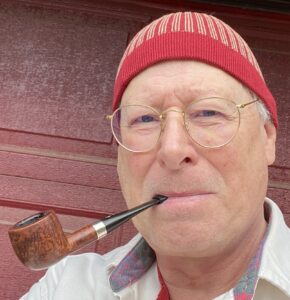 CW Hawes is a playwright; award-winning poet; and a fictioneer, with a bestselling novel. He’s also an armchair philosopher, political theorist, social commentator, and traveler. He loves a good cup of tea and agrees that everything’s better with pizza.
CW Hawes is a playwright; award-winning poet; and a fictioneer, with a bestselling novel. He’s also an armchair philosopher, political theorist, social commentator, and traveler. He loves a good cup of tea and agrees that everything’s better with pizza.